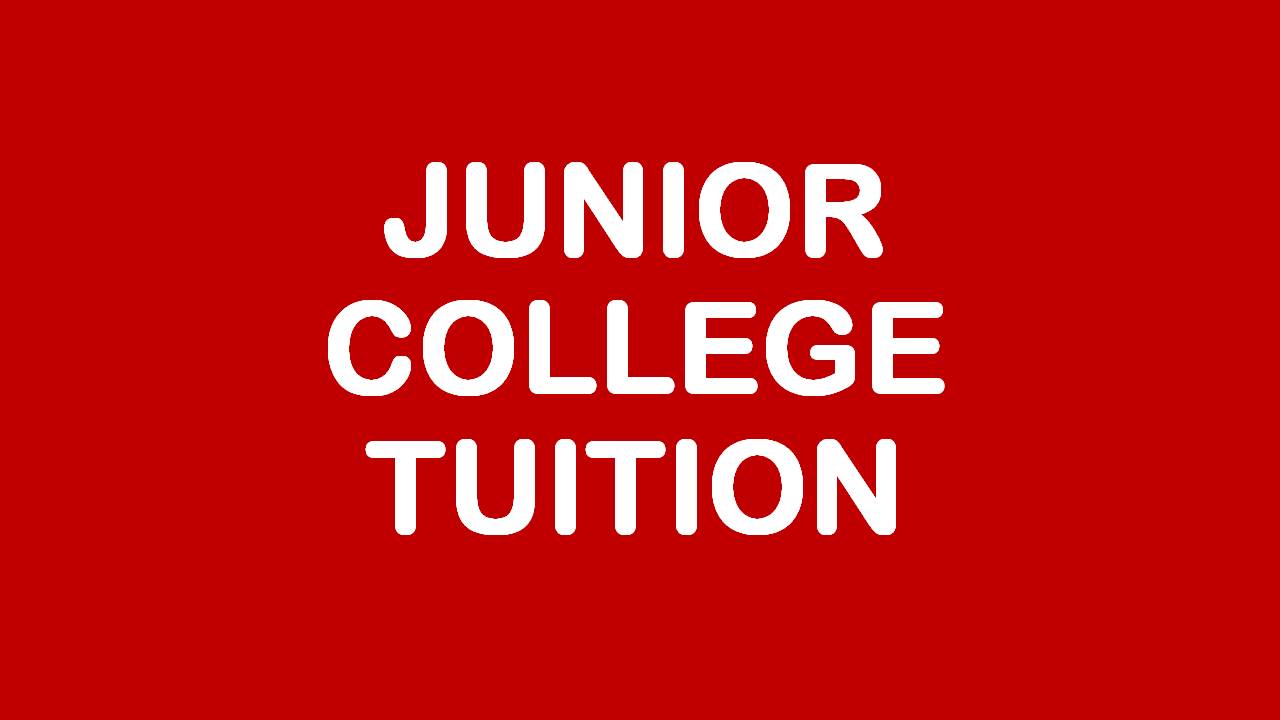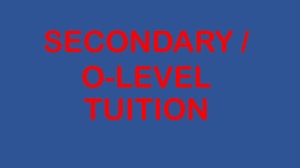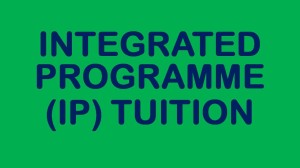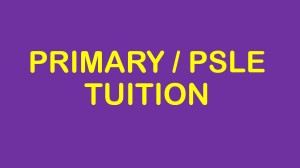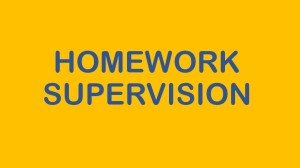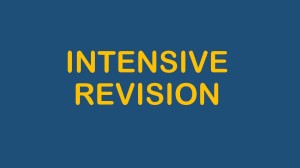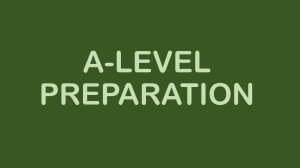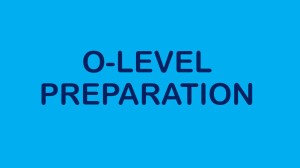I didn’t know there is such a grade as A1*. Does it exist only in RVHS? Anyway, today my S3 Math student Ryan told me he obtained that grade for his Term 1 Math. He had been doing well so far this year, but it wasn’t the case 2 years ago when he first came.
I’ve always said that IP students should not be doing badly in math in the first place, for the simple reason that most of them obtained A* for math at the PSLE. But many IP students DO perform poorly in math right from sec 1. When Ryan showed me his test answers back then, I could immediately tell what his problem was. So I gave him some diagnostic questions to confirm my suspicion about his weak areas. Continual coaching and many lessons later, his math became OK and now it is of a high standard.
But it takes two hands two clap. Ryan succeeded not only because he sought help early, but also because he has developed a learning disposition that is typical of eventual top students. So if you want to improve your grades, please do the following:
Always THINK about what you are doing. ASK QUESTIONS when something about what you are learning or solving doesn’t seem to fit in (i.e it causes a dissonance in you). READ A LOT so that your knowledge base is sound to begin with. Always REFLECT on your own learning, your solutions, and even your questions.
WHAT YOU ASK REFLECTS A LOT ABOUT YOU. That is why you must ask a lot of questions, so that your teacher or tutor knows what your problem is. Of course you might get some scolding along the way, but that is how you learn even more.
Happy Learning!
Ilyasa
Effective learning occurs when …..
Constructivist views of learning stress the active role of the learner in building understanding. Many learning theories based on cognitive psychology propose that “effective learning occurs when individuals construct their own understandings.” (p.3)
There are three kinds of constructivism: personal, social and information processing.
Personal constructivism refers to the learner’s internal mental state and transformations of understanding that arise within the individual.
Social constructivism refers to the learner’s building of knowledge in a social context, the making of meaning through shared experiences or interactions with others.
Information processing constructivism refers to the learner’s selecting, organising and integrating of new experiences with existing knowledge to build understanding.
Central to the constructivist view of learning is that there is an active participation of the learner, and a shift in focus from what the teacher may do to facilitate learning to “what the learner does as an active agent in the learning process.” (p.4)
Reference:
McInerny, D. M. & McInerny, V. (2006) Educational Psychology, Constructing Learning. NSW: Pearson Education.
_______________________________________
TUITION CLASSES:
_______________________________________________________________
EDUCATIONAL SERVICES:
______________________________________________________________
